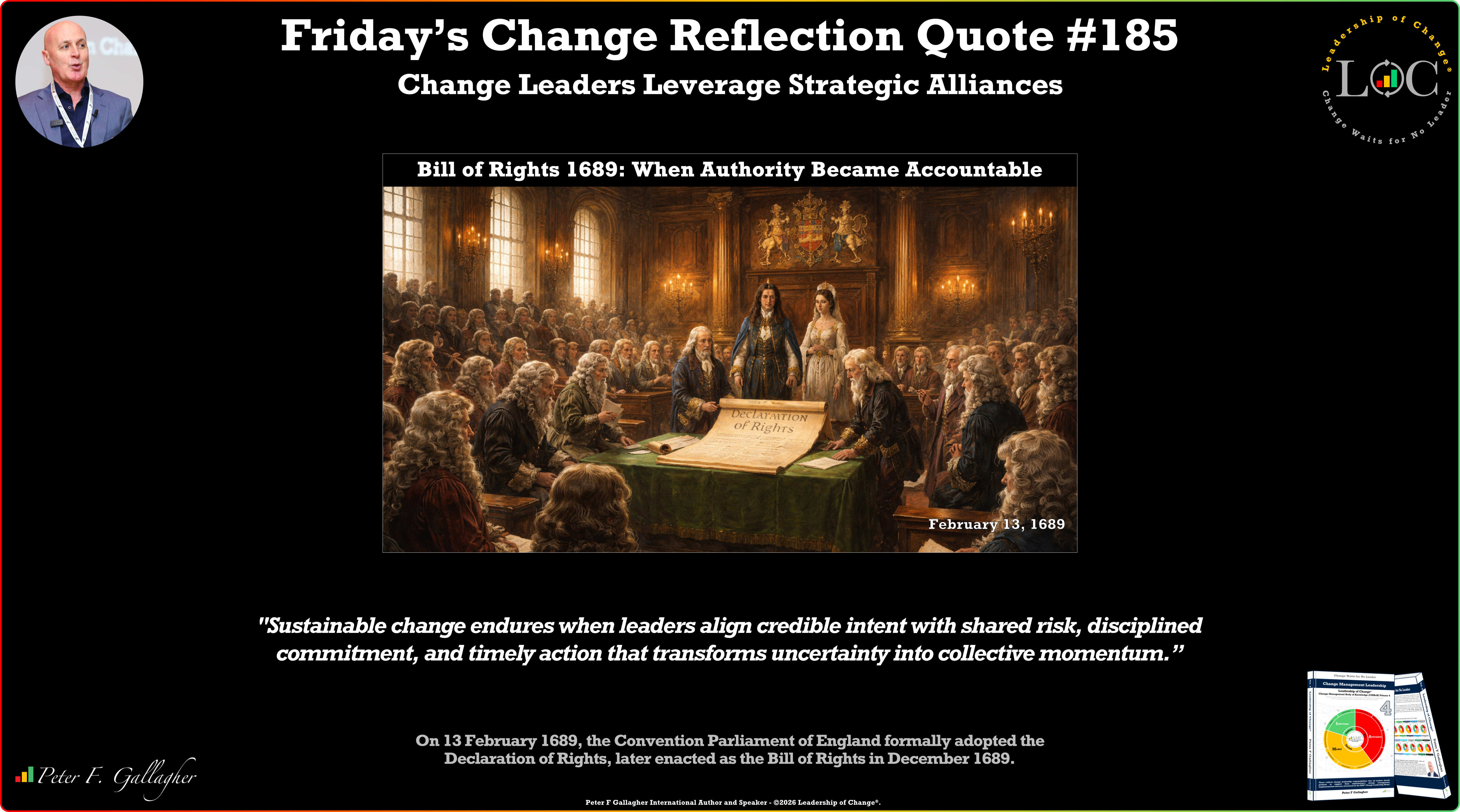Jul10

Formula 1 (F1), the premier class of international single-seater auto racing, is more than just a high-octane competition of speed and skill. It’s an ever-evolving laboratory of innovation that offers priceless insights for businesses seeking to harness the power of technological advancements. This 500-word piece unveils the key lessons we can glean from F1 when thinking about innovation.
Firstly, F1 underlines the importance of a relentless pursuit of performance improvement. Despite already operating at the edge of technological and human capabilities, the teams constantly explore innovative ways to shave off milliseconds from lap times. Whether through more aerodynamic designs, lightweight materials, or high-efficiency engines, their mission revolves around perpetual innovation. To stay ahead in the increasingly competitive global market, businesses should similarly pursue constant refinements, even if they are already industry leaders.
Secondly, the F1 industry showcases a dynamic ecosystem that balances competition and collaboration. Teams compete fiercely on the racetrack but also collaborate off it. They share resources and knowledge on safety measures, environmental sustainability, and technical regulations. This ‘co-opetition’ ensures a level playing field and drives shared innovations that advance the entire sport. In the business context, cross-industry collaborations can promote innovation that exceeds the sum of individual efforts, leading to larger market growth and shared benefits.
Thirdly, F1 emphasizes the value of data-driven decisions. Modern F1 cars are equipped with around 200 sensors, gathering vast amounts of data during each race. Teams analyze this data in real time to make strategic decisions, such as pit stop timing and tire selection, often tipping the scales in favour of victory. Similarly, businesses must leverage big data analytics to make informed decisions, driving product refinement, customer satisfaction, and operational efficiency.
Moreover, F1 illustrates the importance of agility and adaptability. When unanticipated issues crop up during a race, teams must think on their feet, quickly adjusting their strategies. They must also constantly adapt their designs and strategies to evolving regulations, climatic conditions, and circuits. This approach is a testament to the significance of adaptability in innovation. To stay relevant, businesses must cultivate an agile mindset, swiftly adapting to emerging market trends and customer needs.
Lastly, F1 teaches us about the synergistic relationship between humans and technology. Even with cutting-edge vehicles, the success of an F1 team hinges largely on the skills and decision-making abilities of the driver and their support crew. Similarly, even the most advanced technology requires adept human operators to achieve optimal results. Businesses must remember that innovation should augment human capabilities, not replace them. This harmonious blend of humans and machines can lead to remarkable strides in innovation.
In conclusion, F1 racing offers invaluable lessons for innovation: the relentless pursuit of improvement, balancing competition with collaboration, harnessing the power of data, remaining agile in the face of change, and harmoniously integrating human skills with technology. By adopting these principles, businesses can navigate the track of innovation and speed toward success in the fast lane of the 21st century.
Take your business to the next level.
We help medium-sized businesses to innovate and make measurable progress towards your business outcomes so your company thrives.
Over the years, we’ve used proven and guaranteed Innovation & OKR processes to generate tangible business outcomes in 12 weeks ️ for companies including Roche, IBM and many others.
Stay ahead of the competition. Learn more and contact us now.
By Andrew Constable MBA, XPP, BSMP
Keywords: Business Strategy, Innovation, Leadership
 The Corix Partners Friday Reading List - February 20, 2026
The Corix Partners Friday Reading List - February 20, 2026 The retail playbook that worked for 30 years? It's not broken. It's just finished.
The retail playbook that worked for 30 years? It's not broken. It's just finished. Testing Suez: Economics Are Driving Carriers Back Into the Red Sea
Testing Suez: Economics Are Driving Carriers Back Into the Red Sea Mastering Social Media in 2026: Optimizing Networking and Advocacy for the Digital Age
Mastering Social Media in 2026: Optimizing Networking and Advocacy for the Digital Age Friday’s Change Reflection Quote - Leadership of Change - Systemic Change Follows Failed Governance
Friday’s Change Reflection Quote - Leadership of Change - Systemic Change Follows Failed Governance